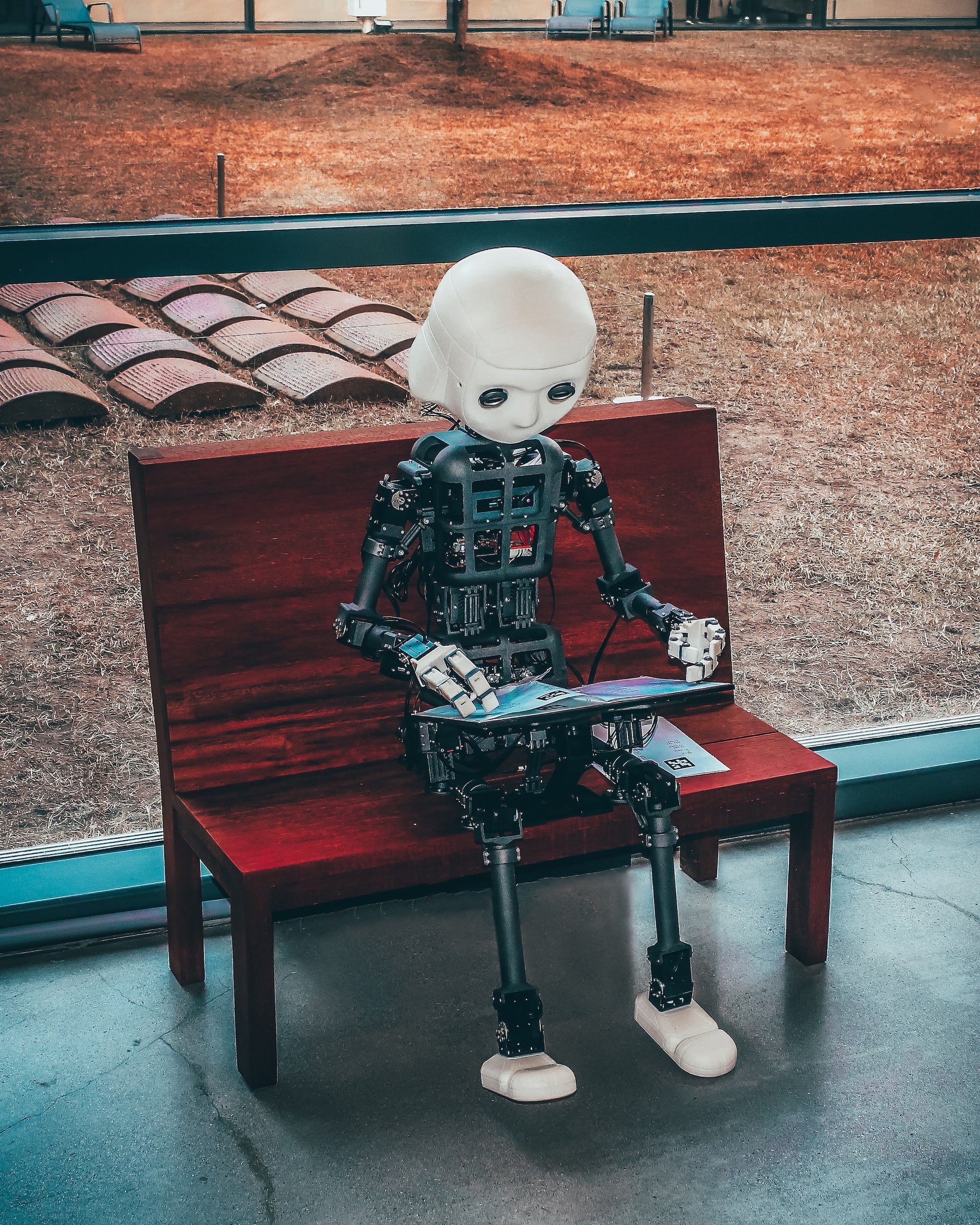May 1, 2023
ChatGPT and the Future Identity of Education
ChatGPT is trending. You would have to be living under a rock in recent weeks to not be somehow engaged in the cultural discussion around the future role of artificial intelligence and augmented reality. For the past two months, I have resisted writing yet another article on the topic. I mean, how do you top the 60 Minutes special on the topic? So, why write an article now?
Education is not in the knowledge industry, nor has it been for years. Emerging technologies are merely placing a punctuation point on the changing role of education. This is not new.
For years — no, decades — the education industry has smugly dismissed the concept that technology will be a competitor for their market in the future. Keep in mind, colleges and universities used to be sole purveyor of knowledge until the internet: they charged students tuition to receive it and charged consumers to buy books from their printing presses. That was then, back when knowledge acquisition was the core business of education.
This is not a new concept. Education has been very slow to understand that they are no longer in the knowledge industry. Most schools and colleges still follow a tired assessment model tied to seat time in class and content acquisition. And, most admission offices evaluate candidates for entry under those assumptions.
The core business of education has shifted, slowly, over the past 20 years. Knowledge acquisition is out and core competencies are in, now. Education will lean into skill development, including research, synthesis, collaboration, emotional intelligence, discernment and discovery. Nearly all forward-leaning institutions would agree with this sentiment, but they have yet to build systems, structures and delivery mechanisms to reflect a new reality.
Education seems stuck in some sort of time warp, where its purpose for existence was removed and it is struggling to find a new identity in a brave new world. We had better find it…fast.


Ian, thanks for continuing to beat the drum re the role of education. For years, I have predicted that independent schools, colleges, and universities must abandon the industrial model and offer a personalized education specifically constructed around each student’s unique gifts, talents, vocational interests, passions and social-emotional well-being. Additionally, course curricula and evaluation tools must emphasize the development of 21st century skills (creativity, critical thinking, collaboration, communication and character), especially since we are almost a quarter into this century. Those institutions that are willing to change the paradigm will thrive in the future. Those that don’t, won’t. May the Carnegie Unit rest in peace!
Great comments, Bill. Love your insights and thinking!